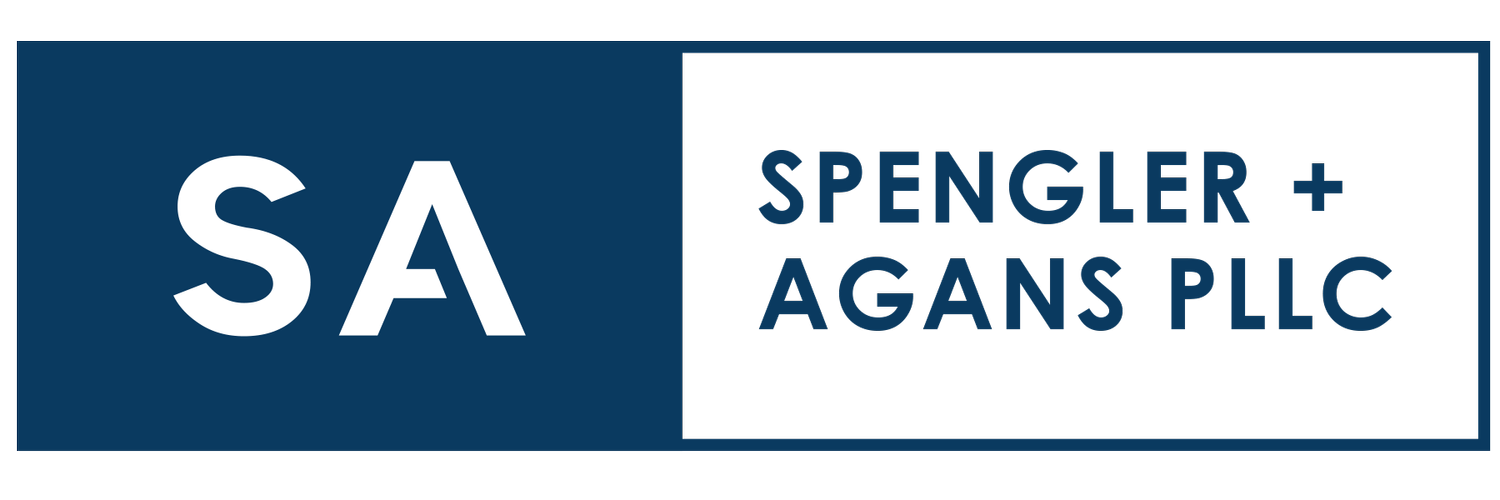Trademark Infringement on Sitcoms
When using trademarks and logos (whether yours or someone else's), make sure that you are properly protected from trademark infringement claims.
***Spoiler Alert!***
In season 7 of the TV show, The Middle, Mike Heck (played by Neil Flynn) and his brother Rusty Heck (played by the late, great Norm Macdonald) begin marketing "rivalry diapers" where the logo from one college team is printed on the outside of a baby's diaper, and the logo from a rival college team is printed on the inside. The idea was to promote one team, while simultaneously sh**ing on the other team. Mike manufactures the diapers and sells them to a local business for resale.
We assume neither Mike nor Rusty got a license to use or display the college logos, and it's likely that they were guilty of trademark infringement. I was surprised that the infringement aspect was never brought up on the show (though my wife was not as she's not an IP nerd). The relevant test for trademark infringement is whether the use of the mark by another would be likely to cause consumer confusion as to the source or origin of the goods. Here, the question would be whether consumers of the diapers would be confused as to whether the diapers were produced by Mike and Rusty Heck, or whether they were produced by a company affiliated with the college or university that owns the mark. Colleges are very protective of their trademark rights and (for a fee) allow third parties to produce goods bearing their mark. In return, the third party must abide by certain quality standards. If the colleges did not monitor the quality of the goods produced by third parties bearing their marks and logos, the colleges could be guilty of naked licensing (which is a lot less fun than it sounds). And consumer confusion is likely in this example. A consumer may purchase the rivalry diapers thinking they are of high quality (due to the college logo), and be disappointed when they discover they're actually produced by the Hecks.
Even if there was no likelihood of confusion of the origin of the diapers, use of a college logo without permission is not likely to end well. For instance, the University of Wisconsin students who promoted "Get Lucky Bucky" condoms, were forced to shut down their promising enterprise. (See the NYT article here.)
The company to which Mike sells the diapers for resale also has significant risk exposure (perhaps even more), assuming Mike never agreed to indemnify the company for any third-party infringement claims. As the Hecks are likely to be judgment-proof (which is basically the entire premise of the show), not only would the company have little meaningful recourse against Mike in the event of a trademark infringement claim, the retail store company (and its deep(er) pockets) would also be a much better litigation target by the colleges.
In contrast to Mike's business methods, it's best to first get permission before using someone else's logo in commerce, including before displaying a client's logo on your website. While it may be entirely accurate that they are a client, such display may imply that they endorse your company or product.
When creating your own brand or logo, it's a good idea to get professional assistance to search for similar brands or logos. You may create a wonderful and original logo, but still be guilty of trademark infringement if that mark is likely to cause confusion with an existing brand. The last thing you want is to field cease and desist letters, and potentially face the need to rebrand your products and services, just when your business starts to gain momentum. Registering your trademark can both allow you to prevent others from using a mark confusingly similar to yours, as well as help flesh out any potential infringement risks through the registration process and feedback from the examining attorney assigned to review your trademark application.
If you are a retail store purchasing products from third parties for resale, have a qualified attorney review the agreement, including warranties and indemnification obligations, to ensure you are properly protected.
Contact us if you have any new marketing ideas or wish to discuss a new brand or logo for your business.

